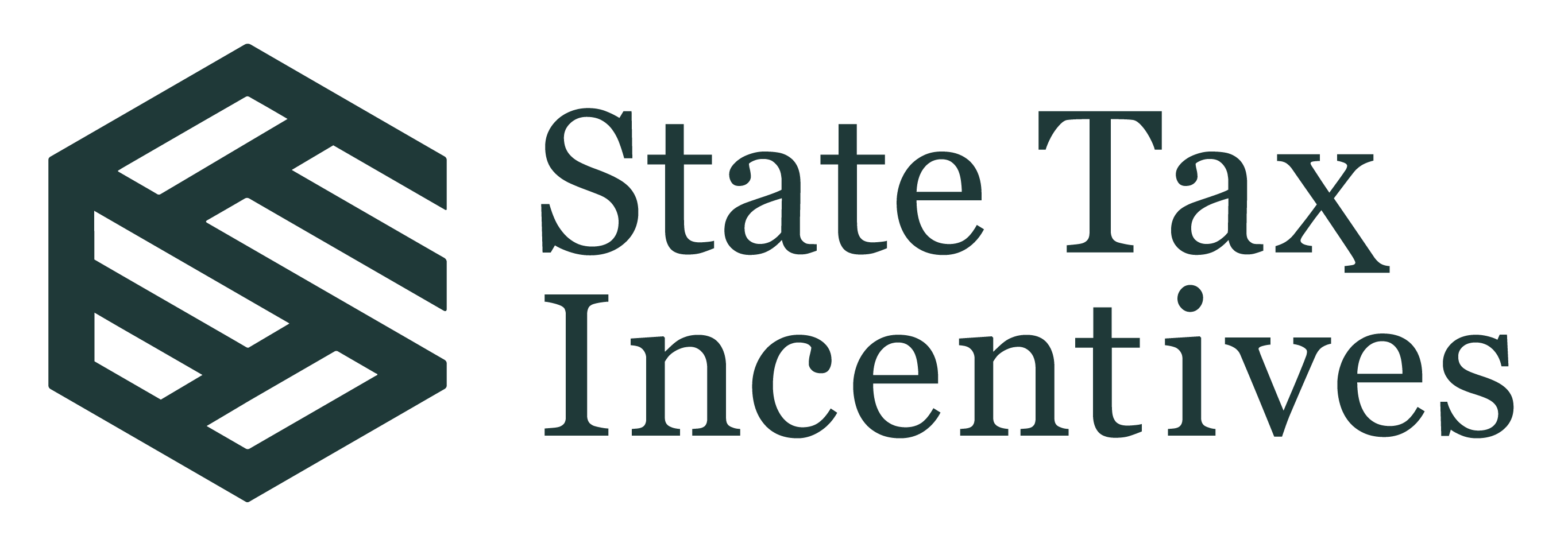Unlock Hidden Savings with State Tax Incentives

When you’re running a propane business, every dollar counts. Costs can add up quickly – from equipment and delivery trucks to safety training and marketing. That’s why paying attention to what your state government offers regarding tax incentives is essential. These programs can greatly boost your company if you know how to properly utilize them.
Across the country, some states provide special tax breaks or rebates for propane businesses. These can help you lower expenses, invest in new equipment, or reach more customers. Now may be a good time to start if you’ve never looked into these programs.
What Are State Tax Incentives?
State-level tax incentives are programs that help businesses grow or adopt cleaner energy. These can be tax credits, rebates, or even grants. In the propane industry, incentives are sometimes available for switching fleets to propane-powered vehicles, building storage infrastructure, or serving customers in rural or off-grid areas.
These incentives usually vary by state, and each program has its own particular rules. Some are meant for small businesses, and others are meant for companies helping to reduce emissions. In many cases, propane qualifies as a clean fuel, which makes it easier to benefit from these programs.
Lowering Costs Through Fleet Upgrades
Many propane companies still use diesel trucks for deliveries, but some states offer tax credits or rebates for converting their vehicles to propane autogas. These programs can cover part of the cost of a new truck or conversion kit, making it more affordable to upgrade your fleet.
When you spend less on fuel and qualify for a rebate, you free up money to grow other key areas of your business. Over time, running a propane-powered delivery fleet can also lower your long-term fuel and maintenance costs.
Storage and Equipment Expansion
Some states provide support for building or upgrading propane storage facilities. This can help you to meet growing demand or expand to new areas. If your state offers this kind of incentive, it might reduce the upfront cost of a large project that would otherwise be out of reach. These savings allow you to serve more customers while keeping your prices competitive.
Incentives That Support New Customer Growth
Another area to keep your eye on would be programs that help homeowners switch to propane for heating, cooking, or water heating. Some states offer rebates to customers who make the switch, which can drive new business to your company.
Even if the rebates go to the customer, you can use that benefit in your sales pitch. If you make the rebate process easier for them – say, by helping with the paperwork or explaining the value of that decision – you increase the chances that they’ll choose your company as their propane provider.
How to Stay Updated
These programs often change from year to year. Some are temporary, while others last for many years. The best way to stay informed is to check your state energy office website or sign up for updates from propane industry groups. You can also ask your local trade association if they offer help with applications or provide lists of available programs.
Making the Most of Policy Shifts
As state lawmakers push for cleaner energy and more substantial rural services, they often create new policies directly affecting propane. You can spot new chances to grow when you stay ahead of these changes. These incentives may not last forever, so acting early can give your business an advantage before the window of opportunity closes.
Where Business Meets Policy
Tax incentives may not sound exciting, but they can make a real difference in your company. When used correctly, they lower costs, boost efficiency, and open new business doors. You don’t need to be a tax expert; just stay informed and remain willing to act. In a tight market, the companies that know how to make the most of what’s offered in the tax incentive arena will be the ones that emerge the strongest.













